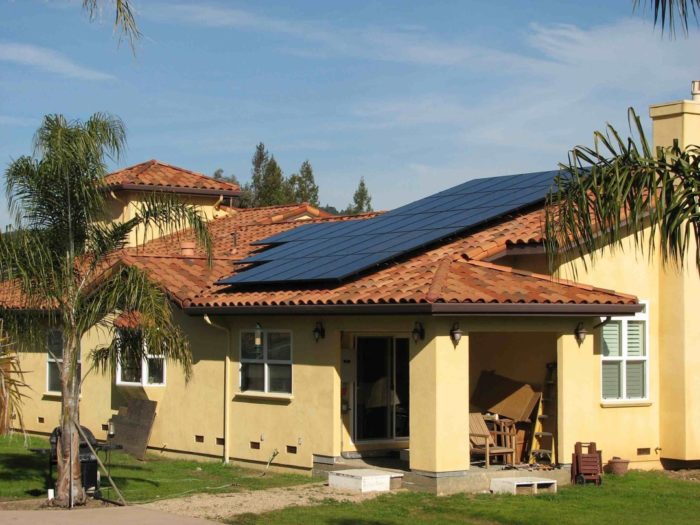
U.S. electric utilities aren’t the only ones worried about the impact of renewable energy on their long-term ability to pay grid operating costs.
A number of utilities here are worried that as more homeowners install photovoltaic systems at home, income will fall. That’s not only because solar customers buy less power, but also because utilities have been buying their surplus power at retail rates under net-metering programs.
These trends have shifted more of the costs of maintaining the grid to non-solar customers, and some utilities fear the trend is a long term threat to maintaining the grid. Utilities in some states are seeking changes in net-metering rules that would help their bottom lines.
Now, as The Wall Street Journal reports, the government in Spain also is worried about coming up with the money to pay for the grid. The immediate cause was an economic slump that reduced power use, not a tidal wave of PV installations. But it’s coming at a time of increased interest in renewables, and the dampening effect on homeowners may be the same.
In July, the government, proposed a new fee on renewable energy systems that is expected to win approval from the Parliament and go into effect on Jan. 1, the newspaper said in a story published Oct. 21. It’s part of an effort to come up with as much as 5 billion Euros a year for the electrical grid.
Installations on the rise
PV installations in Spain seem tiny compared with some other European countries. According to the newspaper, just 5,000 homes and businesses have gone to “self-production” since it was authorized in 2011 and solar electricity amounts to less than 0.1% of the country’s total. However, that was expected to grow 10 times by 2020.
Now that’s in doubt. Under the new rules, those with grid-tied systems will be charged a fee for the electricity they generate for use at home or their place of business. Fines for scofflaws or those who fail to register are steep.
The newspaper said the fees have been defended by the country’s energy minister as a way of helping to pay for the operating and fixed costs of the grid, which he says homeowners with grid-tied systems still need. Spain’s largest solar industry trade group criticized the pending change.
Some homeowners and businesses that invested in solar panels say the fees will eat into projected savings. One architect in Madrid said the three panels he bought should have paid for themselves in eight years. Now it looks like it will be 17 to 19 years, so he gave the panels away.
Weekly Newsletter
Get building science and energy efficiency advice, plus special offers, in your inbox.





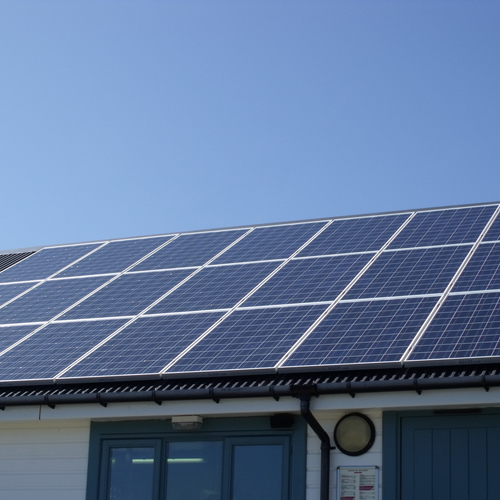
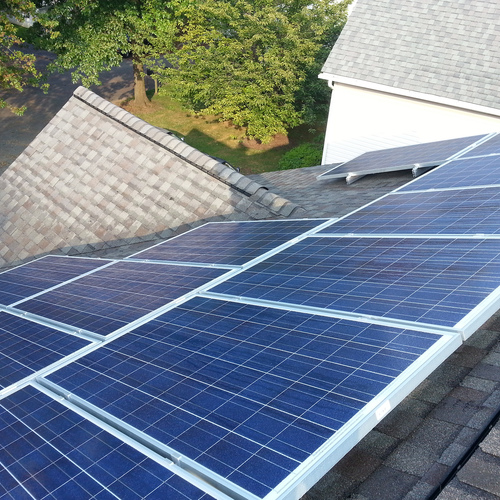
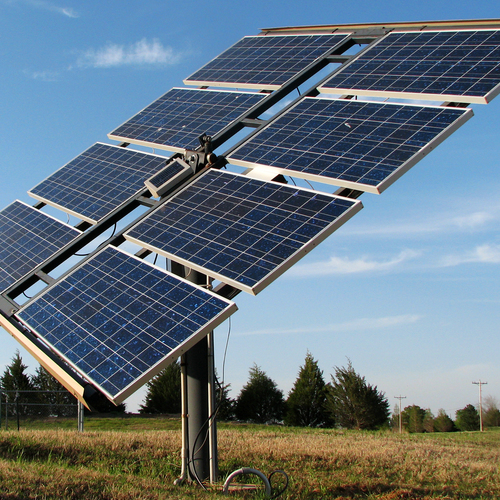
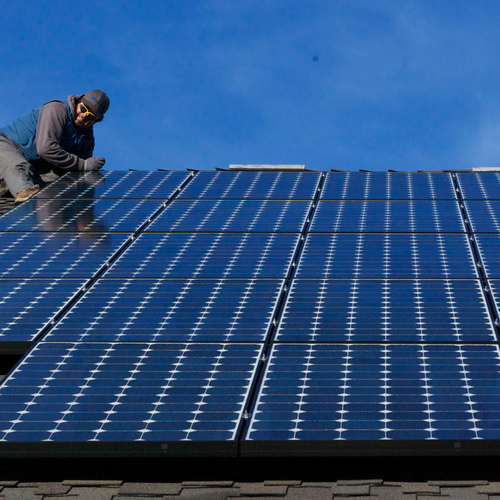






2 Comments
That last bit sounds fishy...
"One architect in Madrid said the three panels he bought should have paid for themselves in eight years. Now it looks like it will be 17 to 19 years, so he gave the panels away. "
What?!
The payback period would double under the proposed (not in effect yet) fees so the guy gave them away, thus ensuring no payback at all? Hyperbole anyone?
Watch out in NY
I wonder why this article doesn't name the utility company. I'm assuming it might be Iberdrola. Anybody in New York State should pay heed to the tactics this company has taken abroad as Iberdrola owns NYSEG. This company is gangsta.
Log in or create an account to post a comment.
Sign up Log in